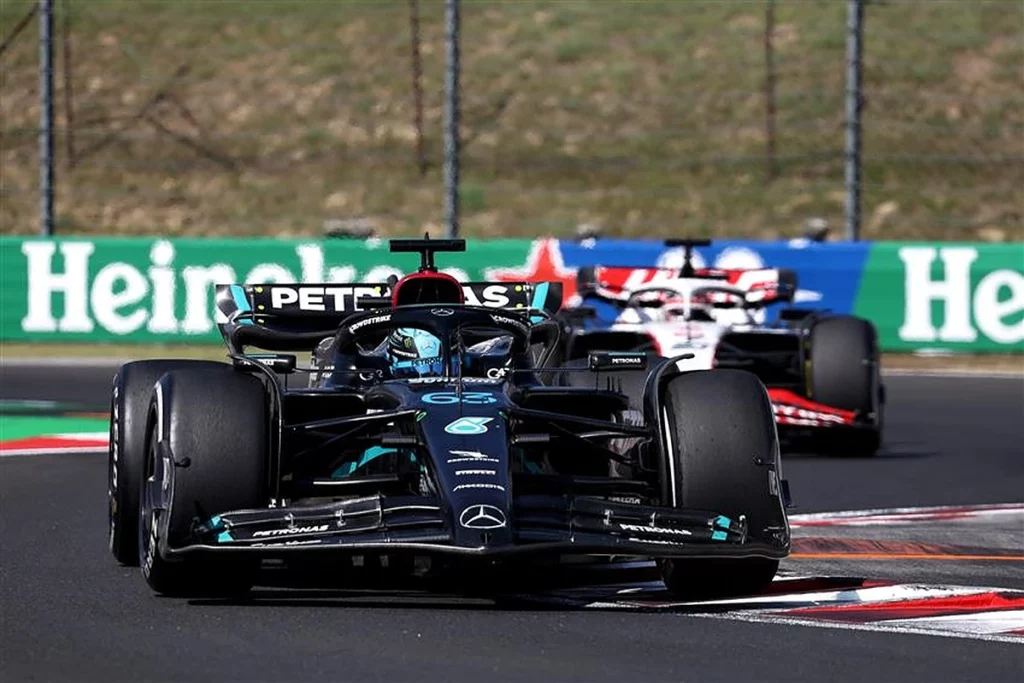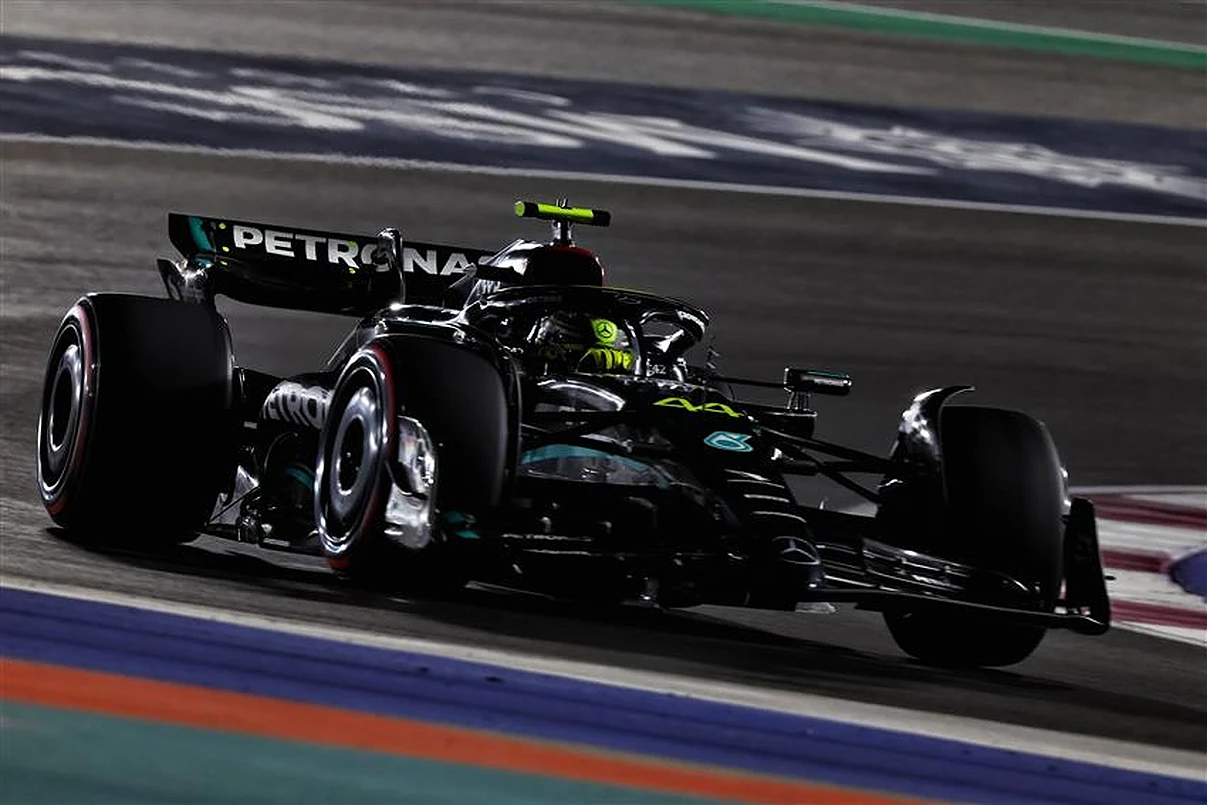Mercedes’ technical director James Allison has admitted that the side’s “most destructive pattern” of their recent struggles is that they “fragmented” more than they should have done, resulting in their substantial downfall.
After winning the Constructors’ Championship in 2021, Mercedes entered the new aerodynamic regulations in 2022 hoping to continue their dominance.
Instead, the complete opposite happened, as the Germans endured their worst season since the hybrid era started in 2014.
Mercedes were victorious just the once in 2022 courtesy of George Russell in Brazil, whilst they slumped to third in the standings.

Want to work in Formula 1? Browse the latest F1 job vacancies
The biggest issue with 2022 was their failed design philosophy, as the unique ‘zero sidepod’ approach didn’t give the expected results.
In all honesty, it created more problems than performance.
Despite this, Mercedes insisted in carrying the concept into 2023, before almost immediately accepting that it needed to be scrapped.
It raised serious questions as to what the Silver Arrows had been up to during the winter break, given that they entered 2023 with another shocking car.
A new concept was introduced earlier this year at the Monaco Grand Prix but it wasn’t enough to drastically improve their performance.
Whilst they did finish second in the standings, 2023 marked their first winless campaign since 2011 and a second season in a row without a victory for Lewis Hamilton.
Mercedes’ glory days are becoming an increasingly distant memory; however, Allison was brought back into the technical director role mid-season to try and salvage something for 2024.
Yet another new concept will be introduced next season but this time the side are starting entirely from scrap.
Hamilton believes the team finally have a “North Star” and a legitimate development plan, with Allison admitting that the Brackley-based side have been “incredibly resilient” given the circumstances.
Allison hasn’t returned and instantly gotten Mercedes back to winning ways, with his immediate role having been discovering what’s gone so horribly wrong on the “human” side of things.
He believes that Mercedes’ dominance ending so brutally impacted the team’s personnel more than it should’ve done, with it having massively impacted their “confidence”.
“Actually the role I can play is much less technical and much more human than people might guess,” Allison explained to the Performance People podcast, as per The Race.
“The team is stuffed full of very strong engineers and very high-level technical competence. And so I don’t need to teach anything to anyone and in most cases couldn’t even if I wished to.
“So it isn’t a technical input particularly that I provide or that anyone who is lucky enough to sit in my seat provides. The more precious thing for someone in the role of technical director is whether or not we can find it within ourselves to work in a way that allows all the technical skills to be harnessed effectively.
“When a team has been on a very high plateau for quite a large number of years, for quite a long period of time, and then takes a dip, for whatever reason, it’s very disorientating, it’s very unpleasant to suddenly feel that what you’ve previously felt about yourselves as a group has been [shaken], the foundations of that have been loosened by the reality of the stopwatch and being beaten by another team.
“It shakes the confidence of an organisation and it also puts a lot of very short-term pressures on a company that’s been used to thinking further ahead and the short-term pressures are…that the car is poor and the results are poor and they must improve and the call of that is very loud, completely natural but very loud, nevertheless.
READ: Charles Leclerc signs five-year Ferrari contract extension
“It rouses people to action but the action can tend to be that all the disciplines in the company – the aerodynamics, the vehicle dynamics, the drawing office, all the specialisms that are necessary, that work together to create a good car – that each of them can sort of scatter on the four or five, six winds to their individual corners, to do what they can do or contribute in the way they think is best, driven by this very loud call that the car needs to improve.
“And if you’re not careful, then those groups can stop talking to one another because they’re all head down, trying to fix what they see as their part in making the world a better place.
“And probably the most destructive pattern that we as a group got into over that difficult period from when our crown first slipped, was that we fragmented more than we should have done. Not because anyone fell out with anyone, far from it. In fact the spirit in this place, considering the pressure it’s been under, has been incredibly resilient.”

